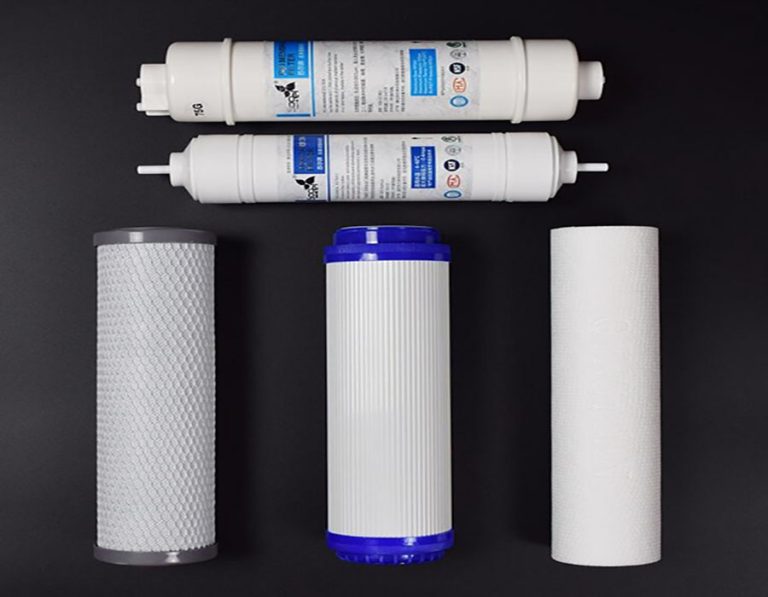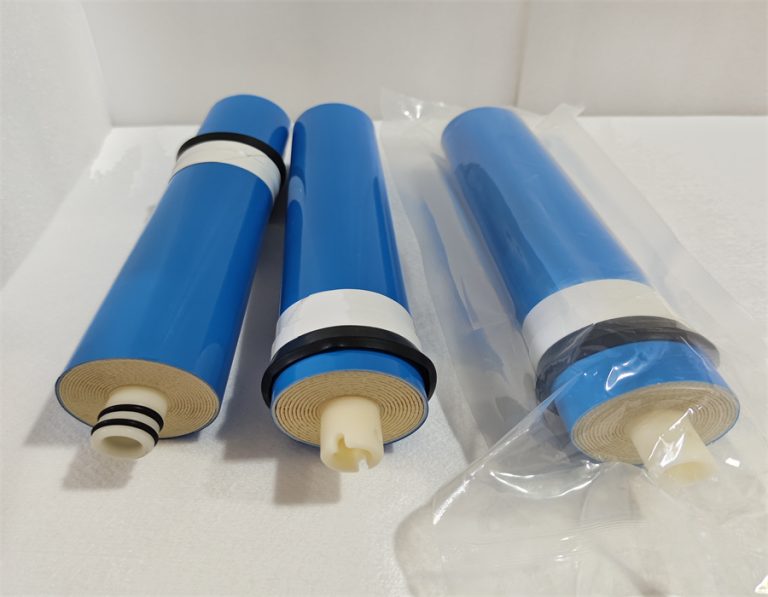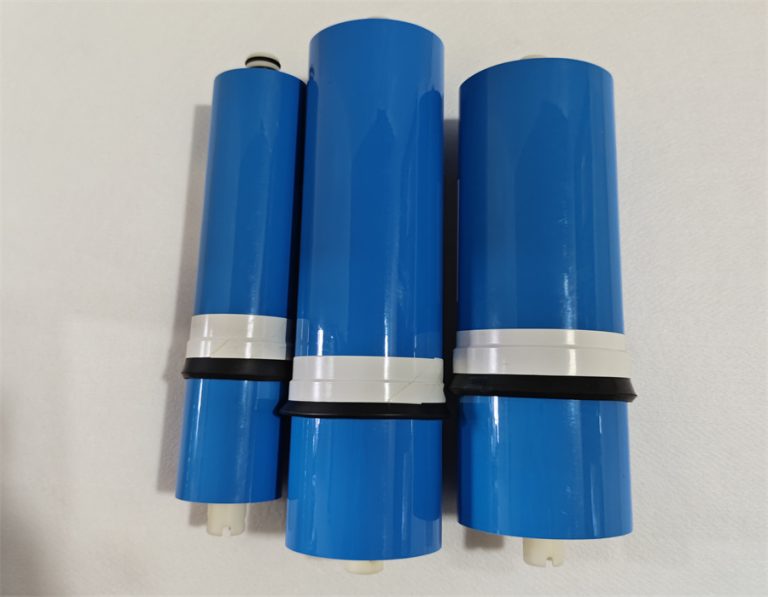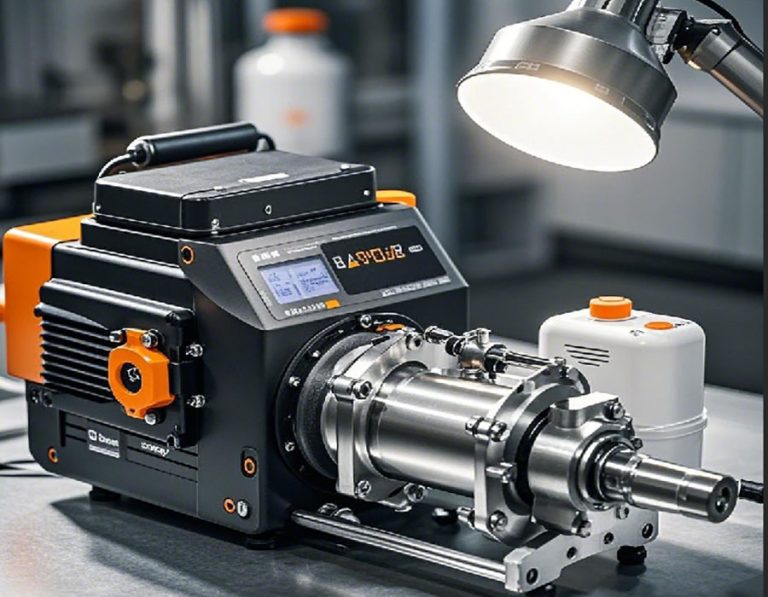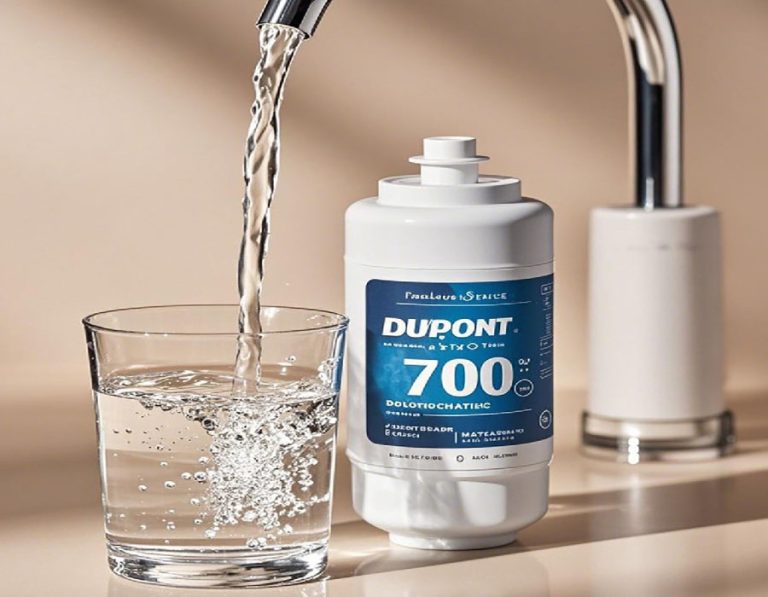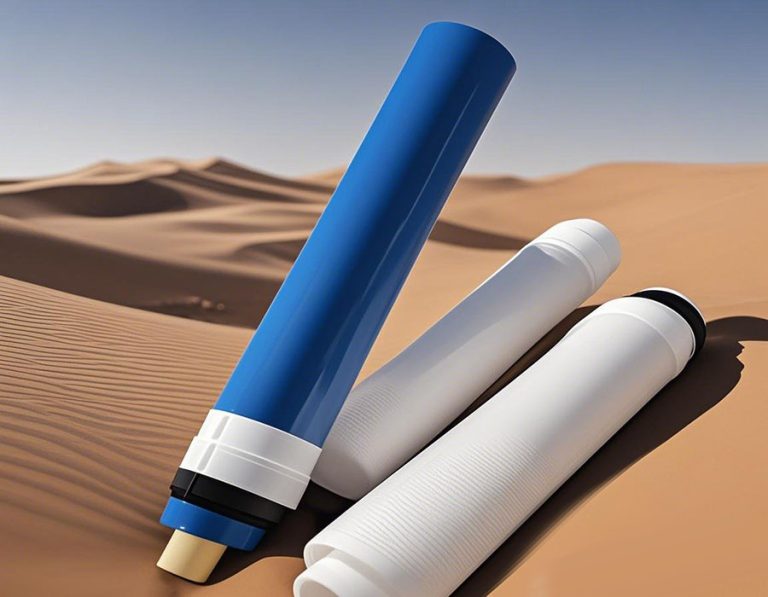One stop supplier of water treatment parts&accessories
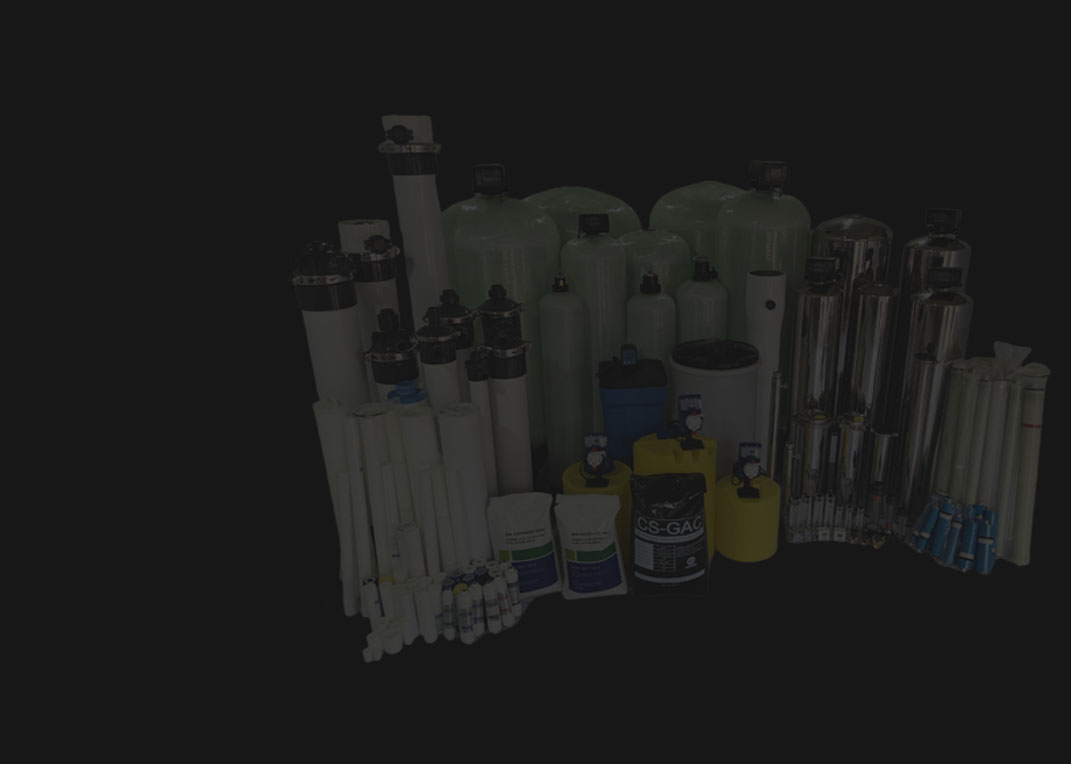
Achieving the Perfect Water Filter Change: A Comprehensive Guide
In the pursuit of clean and healthy water, a perfect water filter change plays a crucial role. But what does it involve, and why is it so important? Let’s explore the details.
The Significance of a Perfect Water Filter Change
Problem: Deteriorating Water Quality
Over time, various contaminants accumulate in water filters. Sediment, bacteria, and chemicals build up, causing a decline in water quality. According to a study by the Environmental Protection Agency (EPA), nearly 40% of tap water samples in the US contain contaminants above the acceptable limit (Source: EPA Water Quality Report 2022). This situation can pose risks to health and the performance of water – using appliances.
Solution: A Perfect Filter Change
Changing water filters at the right time and in the proper way is the key. A perfect water filter change ensures that the filter effectively removes impurities, maintaining clean and safe water. It helps extend the lifespan of the water filter system and safeguards the well – being of users.
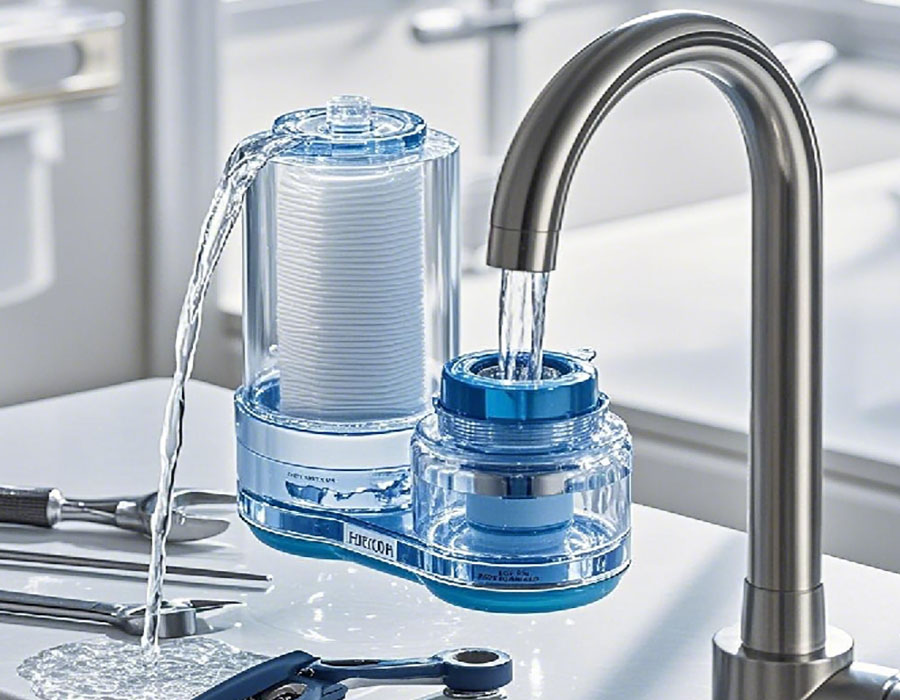
Case: A Small Town’s Experience
A small town faced issues with foul – smelling and discolored tap water. After a thorough inspection, people found that the water filters had not been changed for years. Once they carried out a proper water filter change, the water quality improved significantly, and the town’s residents could enjoy clean water again.
Factors Affecting the Need for Filter Change
Water Usage
The more water you use, the faster the filter gets saturated. For example, in a large household with high water consumption for daily activities like cooking, cleaning, and showering, the filter may need more frequent changes. On average, a family of four using around 300 gallons of water per day may require a filter change every 3 – 6 months.
Water Quality
Water with high levels of impurities, such as hard water with excessive minerals or water from a polluted source, will clog the filter more quickly. In areas where water hardness exceeds 150 ppm, filters often need replacement 2 – 3 months earlier than in areas with soft water.
Filter Type
Different types of water filters have different lifespans. Carbon filters, for instance, may need changing every 1 – 3 months, while reverse osmosis filters can last up to 2 – 3 years. However, this also depends on usage and water quality.
Perfect Water Filter Change: Different Applications
Residential vs. Commercial Use
| Application | Average Filter Change Interval | Main Challenges |
| Residential | 3 – 12 months | Lower – volume but inconsistent water quality |
| Commercial | 1 – 6 months (in some cases) | High – volume, more diverse water contaminants |
As we can see, commercial applications usually demand more frequent filter changes. However, interestingly, with proper water pretreatment in commercial settings, the filter change interval can sometimes extend.
Industrial Applications
In industrial settings, water filters face extreme challenges. Industrial processes may introduce heavy metals, chemicals, and other hazardous substances. The filters need to be robust, and workers often change them every few weeks to ensure continuous operation and water purity.
How to Achieve a Perfect Water Filter Change
Step – by – Step Guide
First, determine the type of filter you have. Different filters have different replacement procedures.
Turn off the water supply to the filter system. This prevents water leakage during the change.
Use the appropriate tools, like a filter wrench, to carefully remove the old filter. Be cautious not to spill any remaining water.
Insert the new filter, making sure it is properly aligned and seated in the filter housing.
Turn the water supply back on and check for any leaks. Also, run some water through the filter to prime it.
⚠ Warning: Do not attempt to force the filter into place. Using the wrong filter or improper installation can lead to reduced water quality and potential damage to the filter system.
Common Misconceptions about Water Filter Changes
1: Filters Can Be Used Indefinitely
A common myth is that water filters can be used forever without replacement. However, all filters have a finite lifespan. Even if the water still seems clean, the filter may be saturated and no longer effective in removing contaminants.
2: Any Filter Can Be Used as a Replacement
Another misconception is that any filter can be used to replace an old one. In fact, it’s crucial to use the correct filter type recommended by the manufacturer for your specific water filter system. Using the wrong filter may not fit properly or provide adequate filtration.
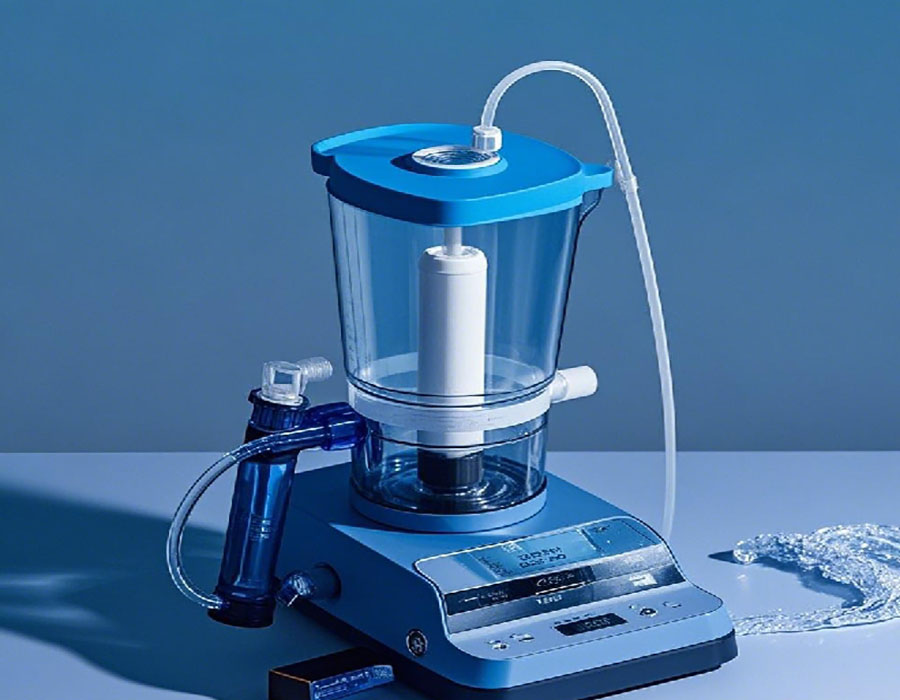
Real – World Experiences
Our team, in a 2025 project for a large hotel, found that by implementing a strict schedule for perfect water filter changes and closely monitoring water quality, we could extend the lifespan of the filters by 2 – 3 months. This not only saved costs but also ensured a consistent supply of clean water for the hotel’s guests.
Conclusion
Achieving a perfect water filter change is essential for maintaining clean and healthy water. By understanding the factors affecting filter change and following the proper procedures, you can ensure the optimal performance of your water filter system.
Practical Inspection Checklist
- Did you determine the correct filter type before starting the change?
- Did you turn off the water supply before removing the old filter?
- Did you use the proper tools to remove and install the filter?
- Is the new filter properly aligned and seated in the housing?
- Did you check for leaks after turning the water supply back on?
Remember, taking care of your water filter changes is the key to enjoying pure and safe water.


